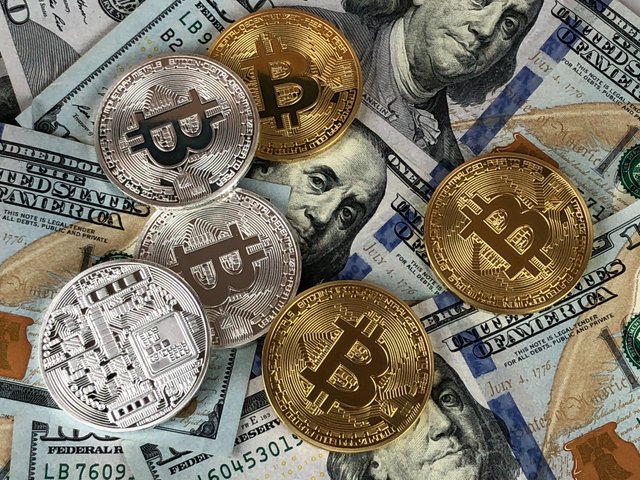
Although Bitcoin is certainly not a scam, there are plenty of people out there that will try and scam
you out of your precious Bitcoins. Like any other high value commodity some people will do
everything that they can to get their hands on Bitcoins. So in this chapter we will look at some of the
most common scams that you need to avoid.
Bitcoin Exchanges that are Fake
We would always recommend that you use a cryptocurrency exchange that has an established
reputation and have been operating for a few years. In this guide we have told you about Coinbase,
Kraken, Poloniex and Bittrex. There are others too such as Cex.io, Bitstamp.net and Changelly.com.
There are so many cryptocurrency exchanges available today that it would be impossible for use to
vouch for any of them. You need to conduct your own due diligence here and find out the history and
look for reviews from users.
If you see an exchange offering rates that are just too good to be true then be very suspicious.
Unfortunately there are fake exchanges that look like the real thing and then when you try to trade
with them they will steal your Bitcoins and you will never see them again.
These fake exchanges prey on newcomers to the Bitcoin space. They offer the opportunity to purchase
Bitcoins for up to 20% lower than you would see on reputable sites like Coinbase. Unfortunately some
new people fall for this scam – you know better now!
Another sign of a fake exchange is where they offer to purchase your Bitcoins from you at a higher
than average price and then send you the amount in US dollars to your PayPal account. This will never
happen and they will just steal your Bitcoins.
Phishing Scams
These are performed using email. The aim is to get the login details for your online wallet. So you will
receive an email from a domain name that looks like Coinbase.com for example that is not from the
genuine site. It might be from Coinsbase.com pretending to be Coinbase.com or they use other tricks.
If you fall for this kind of phishing scam and use your Coinbase.com login details to log into the fake
website then the scammers then have your information and can login to your Coinbase account, lock
you out of your own account and steal all your Bitcoins!
Malware Scams
These are nasty. You will be asked to click a link in an email or on a website that will download
malware on your computer without you knowing it. Usually the malware is a keylogger which will
record everything that you type and send this back to the scammers. So if you type in your Coinbase
username and password this will be shared with the thieves.
Never click on any links in emails or on websites that you are not 100% sure about. If you notice
something being downloaded then stop it immediately.
Ponzi Scams
If someone offered you a guaranteed return on your investment then you would be interested right?
Well here’s the thing – nobody can offer you this kind of guarantee with cryptocurrencies. There is no
such thing as a risk free investment.
Bitcoin and other cryptocurrencies are volatile by their very nature. If someone tells you that they can
guarantee a daily 10% return on investment they are a scammer. A Ponzi scheme pays off the early
members with the investments made by new members. It has been going on for years and so many
people fall for new ones.
The best way to avoid Ponzi scheme scams is to always bear in mind that if it seems too good to be
true then it probably isn’t.
Mining Scams
There is a lot of interest in Bitcoin mining. Cloud mining is a concept where you do not have to invest
heavily in the necessary high level computer hardware for Bitcoin mining. Simply join a group and the
mining is done for you. Of course you will need to pay for this privilege.
While there are legitimate cloud mining programs there are a number of scammers as well. Take a
good look at the website to see if they have a secure https domain and also search for reviews about
the company on search engines.
We don’t recommend that you get into Bitcoin mining when you are starting out. If you do like the
idea of cloud mining then you must do your homework otherwise you run the risk of scammers taking
your money for nothing in return.
Learn HOW people are learning to be successful crypto traders
just in their spare time ==> tinyurl dot com/ym4a4znk (COPY and paste into a new tab and REPLACE dot
with an actual .)